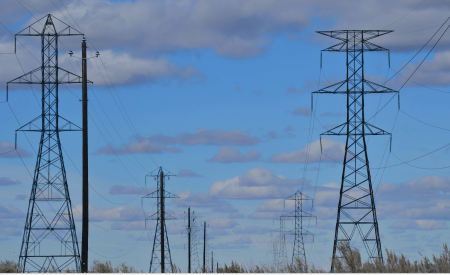We enable you to make better decisions about your energy operations.
First local energy community is live! LEF in Hoog Dalem – Energy21
LEF, based in Hoog Dalem, is all about making the power grid smarter. In this pilot project, an energy community – formed by a group of approximately 15 homeowners – generates its own electricity. The purpose is self-consumption or to mutually exchange this electricity within the community and settle the price immediately.
When self-production falls short, energy can be bought from the grid through the use of flexibility or ancillary (grid) services. LEF not only stands for Local, Energy and Flexibility, but is also the Dutch word for courage: the act of taking a bold decision to participate in this project and to contribute to innovations in the energy market.
The essence of the project
A group of homeowners are generating their own electricity for self-consumption or to be mutually exchanged within the community, settling the price immediately through the application of blockchain technology. While stimulating smart usage of the self-generated energy, there’s also the option to buy or sell the energy on the market when this is more financially beneficial. Combining sensors in the local power grid with data exchanges and allowing them to interact with smart home systems means that smart devices (like thermostats, washing machines and dishwashers) can be intelligently managed. The energy generated is therefore immediately exchanged or stored in the battery storage system. The surplus of energy can be traded on the national energy market. A win-win: the community becomes predominantly self-sufficient and the power grid is greatly relieved.
In this project, the residents work together with technology pioneer ABB, distribution system operator Stedin and Energy21.
Together, we’ll find the answers to questions such as:
- What is the most efficient way for the local energy market to function while providing benefits for the residents as well as the grid administrator?
- How can we accomplish the mutual exchange of energy and data?
- How can we optimally align energy supply and demand?
- Can LEF be country-wide?
- Is the Layered Energy System ‘LES’, the core philosophy on which LEF is based, a good way to locally exchange energy?
With LEF we gain insights by using practical tools of LES. LEF is supposed to prevent major adjustments to the power grid. That way, we keep our power supply reliable as well as affordable – for this generation and the next.
Would you like to know more about the Layered Energy System or LEF?
Please contact Michiel Dorresteijn (Principal Consultant) via +31 6 117 169 27 or contact Energy21.


 Close
Close 
.jpg?resolution=450x275&quality=95)

